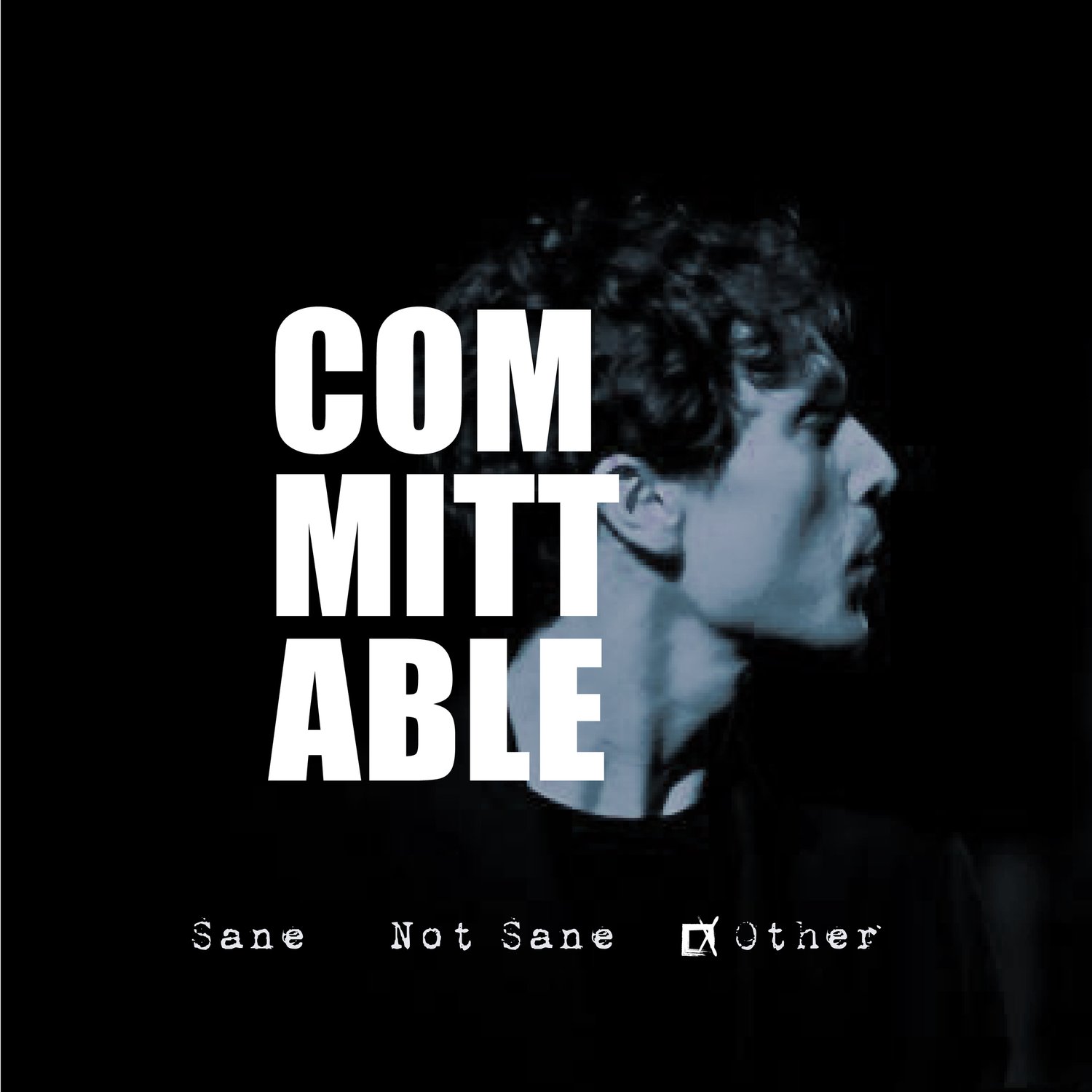Anosognosia.
Anosognosia is a neurological condition that is typically associated with some form of damage to the brain and characterized by an inability to understand an objectively identifiable injury or impairment. An example of this might be a person who has experienced a stroke that resulted in paralysis in the left side of their body. That person's left arm might be paralyzed. They might be unable to control that arm in any meaningful way, but if asked the person would adamantly state that their left arm works just fine. In a situation like that, A physician might look at the totality of this person's symptoms, scans, tests, and medical history, and then conclude that anosognosia is an appropriate diagnosis. But in the context of mental health conditions this term, anosognosia, is simply defined as lack of insight.
So, why is this distinction important? The distinction between a neurological condition involving a more objectively identifiable impairment as opposed to simply lack of insight. This distinction is incredibly important because lack of insight is just an opinion. It might be an educated opinion, but it's still just an opinion. And by co-opting this term, anosognosia, and applying it to mental health conditions that opinion is being deceptively associated with the full weight of that more objective neurological condition. That opinion is being packaged as a medical certainty and then presented to legislators, courts, and journalists, as justification for further depriving vulnerable people of their rights.
So, when the term anosognosia is misrepresented in this way, not only does it risk eroding the legal rights of vulnerable people, but it also further compounds the dangerous misconception that people diagnosed with mental health conditions are biologically deficient, that we are objectively inferior, and that our thoughts and our feelings don't need to be considered because science says that we are broken.
So, anosognosia is a neurological condition with a specific meaning but lack of insight is just an opinion, an opinion that is far too often leveraged to devalue and dismiss the humanity of vulnerable people experiencing distress.
